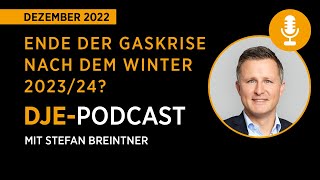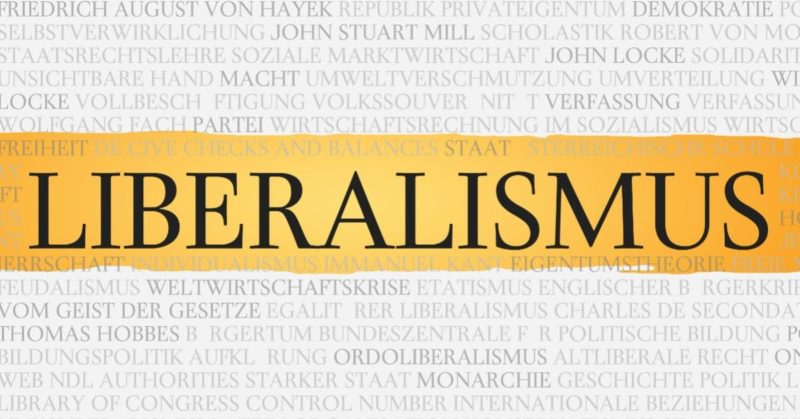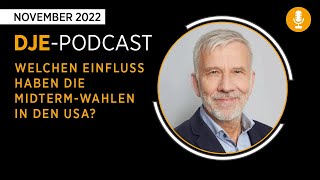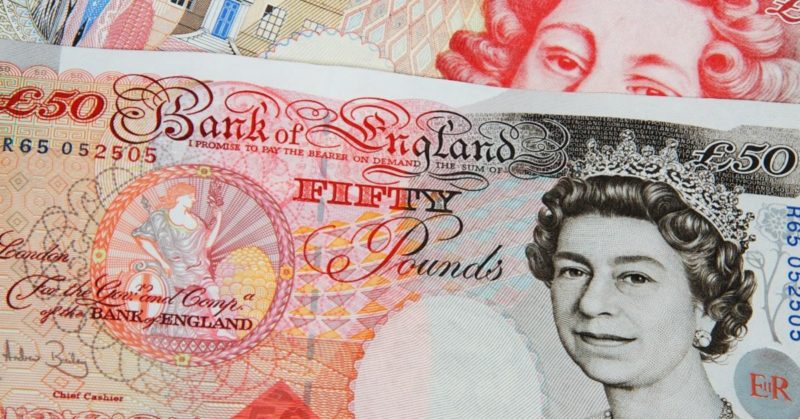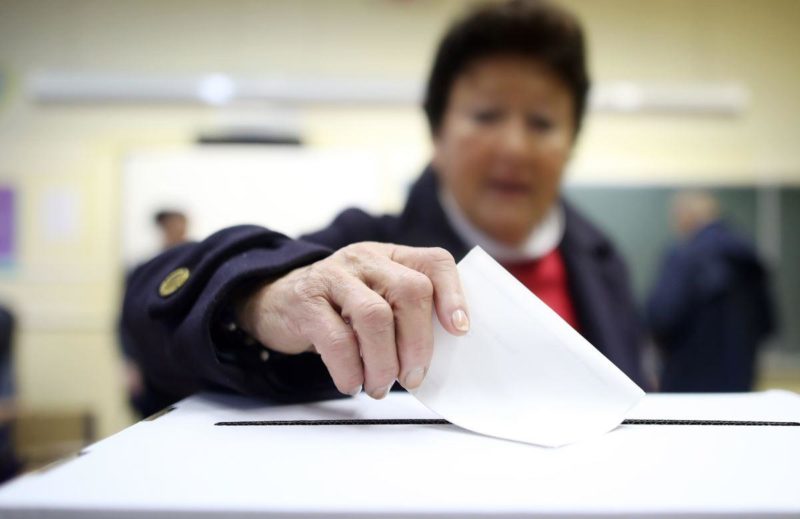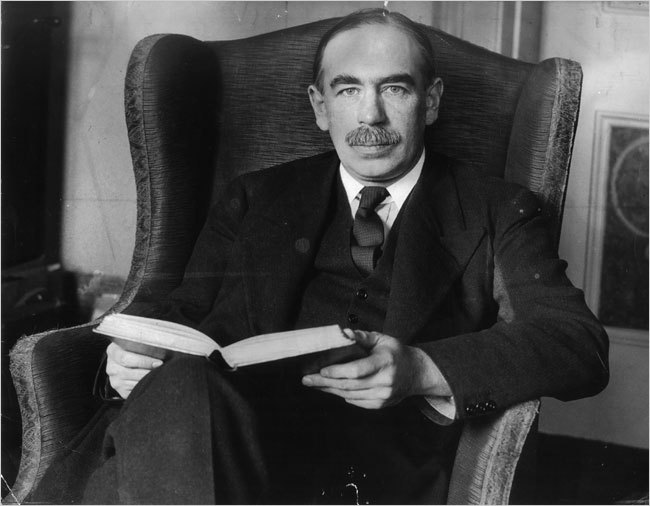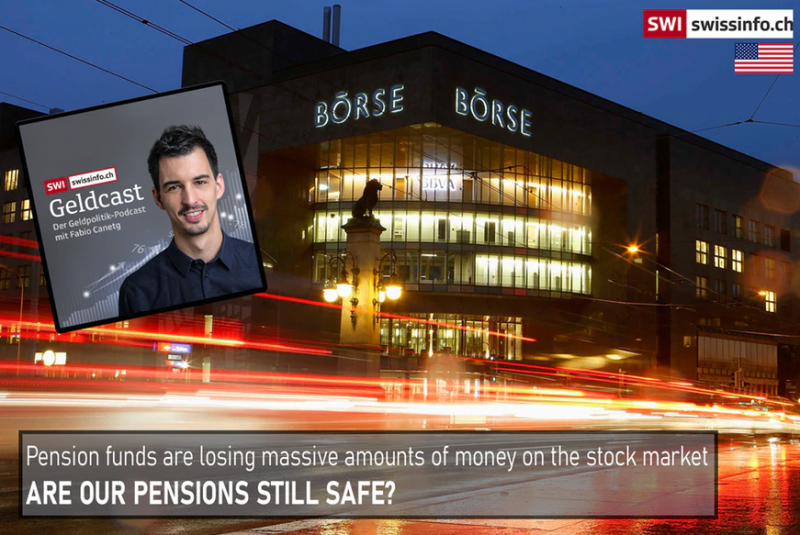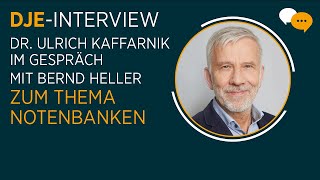Found 1,869 search results for keyword: label
Defensive Anlagepolitik: DJE- Marktausblick Dezember 2022 (Marketing-Anzeige)
In den USA deuten die Daten auf eine milde Rezession hin, in Europa auf eine stärkere. Die Zentralbanken stehen weiterhin unter Druck, die Inflation zu bekämpfen. Den Optimismus vieler Investoren mit Blick auf die sinkende Inflation und ein frühes Ende der Zinsanhebungen teilen wir nicht. Aber noch werden die Märkte von Zuversicht getragen.
Read More »
Read More »
Defensive Anlagepolitik: DJE- Marktausblick Dezember 2022 (Marketing-Anzeige)
In den USA deuten die Daten auf eine milde Rezession hin, in Europa auf eine stärkere. Die Zentralbanken stehen weiterhin unter Druck, die Inflation zu bekämpfen. Den Optimismus vieler Investoren mit Blick auf die sinkende Inflation und ein frühes Ende der Zinsanhebungen teilen wir nicht. Aber noch werden die Märkte von Zuversicht getragen.
Erfahren Sie mehr zur aktuellen Marktsituation im Video-Interview mit DJE-Researchleiter Stefan Breintner...
Read More »
Read More »
Optimistische Zurückhaltung: DJE-plusNews Dezember 2022 (Marketing-Anzeige)
In der letzten Ausgabe der PlusNews im Jahr 2022 spricht Mario Künzel mit Stefan Breintner, Leiter Research und u.a. Fondsmanager des DJE – Gold & Ressourcen und des DJE Gold & Stabilitätsfonds. Im Mittelpunkt des Gesprächs stehen die Themen Energie und Rohstoffe, darunter vor allem die Gasversorgung in Deutschland und die Aussichten für den traditionellen „sichereren Hafen“ Gold. Aber auch aktuelle Marktfaktoren wie die...
Read More »
Read More »
Ende der Gaskrise nach dem Winter 2023/24? (Marketing-Anzeige)
Die #Energieversorgung ist und bleibt eines der, wenn nicht DAS zentrale Thema für alle, die sich mit der deutschen, aber auch der globalen #Wirtschaft beschäftigen. Viele damit verbundene Fragen sind insbesondere aus Sicht von Deutschland nach wie vor ungeklärt. Mit unserem heutigen #Podcast-Gast wollen wir über mögliche Auswirkungen, aber auch bereits entwickelte Lösungsansätze sprechen.
Zu Gast ist: Stefan Breintner, Leiter des DJE Research...
Read More »
Read More »
“Classical Liberalism” Will Never Satisfy the Left
“Today the tenets of this nineteenth-century philosophy of liberalism are almost forgotten. In the United States “liberal” means today a set of ideas and political postulates that in every regard are the opposite of all that liberalism meant to the preceding generations.”
Read More »
Read More »
Keine Angst vor schwierigen Märkten: Investieren 2023
Frauen, kümmert euch um eure Finanzen! Auch und gerade jetzt: Fünf Finanz-Expertinnen der Börse München und der DJE Kapital AG beantworten in diesem Web-Seminar viele spannende Fragen:
✅ Was ist an den Märkten 2022 passiert und warum?
✅ Wie verhalte ich mich als Anlegerin in diesem Marktumfeld?
✅ Welche Anlagechancen bieten schwierige Märkte?
✅ Was haben wir in 2023 zu erwarten?
Aufzeichnung vom 01.12.2022
00:00 - Intro
01:20 - Warum war und ist...
Read More »
Read More »
Elite der Vermögensverwalter 2023: DJE Kapital AG erneut im Top-Ranking (Marketing-Anzeige)
Wir sind auch 2023 unter den besten Vermögensverwaltern – frisch und zum wiederholten Mal ausgezeichnet vom Fachmagazin „Elite Report“. Im Interview mit Börsenmoderator Andreas Franik spricht Christian Janas, Leiter der Vermögensverwaltung, über die jüngsten Ergebnissen und gibt einen Ausblick auf das Jahr 2023.
0:00 - Intro
00:41 - DJE Kapital AG erneut im Top-Ranking
01:38 - Aktive vs. Passive Strategien
02:24 - Erfolgsstrategie
02:59 - Umgang...
Read More »
Read More »
DJE-Vermögensverwaltung: Individuell und digital (Marketing-Anzeige)
Das beste aus allen Welten: Vermögensverwaltung mit DJE-Expertise, persönlich und online, mit fast 5 Jahrzehnten Erfahrung. Anlegerinnen und Anleger haben bei DJE die Wahl: die individuelle Vermögensverwaltung mit maßgeschneiderten Anlagekonzepten oder Solidvest, unsere hauseigene digitale Lösung für Anlegerinnen und Anleger bereits ab 10.000 Euro Anlagesumme. Unsere Kunden entscheiden – und profitieren stets von unserem unabhängigen Research,...
Read More »
Read More »
Verbrauchsgüter: Konsumiert wird immer (Marketing Anzeige)
Im Konsumsektor tummelt sich eine Vielzahl an Unternehmen mit unterschiedlichsten Geschäftsmodellen. Was die meisten von ihnen vereint: Kühlt sich die Konjunktur ab, rutscht die Wirtschaft gar in eine Rezession, dann leidet in der Regel auch das Verbraucherklima. Und macht den Unternehmen im Konsumsektor das Leben schwer. Doch gibt es auch robuste Geschäftsmodelle oder Bereiche, die in angespannter Wirtschaftslage besser abschneiden als der Rest?...
Read More »
Read More »
Thomas Andreas Beck I Chelsea Wien, 25.2.2022
Https://www.medienmanufaktur.com/thomasandreasbeck
https://allesbrennt.at/
Thomas Andreas Beck ist 2021 als Musiker zurück: Sein neues und 5. Album „Alles brennt“ ist ein poetisches, nachdenkliches und leidenschaftliches Werk. Ruhig und eindringlich. “Es ist vielleicht mein wichtigstes Album. Es ist authentisch, ich konnte gemeinsam mit Thomas Pronai meine Lieder wunderbar weiter entwickeln”, sagt Beck und spricht seinen Produzenten und...
Read More »
Read More »
Welchen Einfluss haben die Midterm – Wahlen in der USA? (Marketing-Anzeige)
Die zunächst erwartete "rote Welle" bei den Midterm-Wahlen in den USA ist ausgeblieben. Zwar konnten die Republikaner sich im Repräsentantenhaus eine Mehrheit sichern, aber diese ist deutlich knapper ausgefallen als viele Demoskopen es prognostiziert hatten. Was bedeutet dieses Wahlergebnis für die Kapitalmärkte? Und wie sind die jüngsten, positiven Inflationszahlen aus den USA zu bewerten? Das und mehr diskutieren Dr. Ulrich Kaffarnik,...
Read More »
Read More »
Der Druck bleibt: DJE plusNews November 2022 (Marketing-Anzeige)
Bereits im Januar begann der Bärenmarkt und zog sich durch das gesamte Jahr 2022, von temporären Erholungen abgesehen. Die Konjunkturerwartungen sind in allen großen Anlageregionen auf einem historisch niedrigen Niveau – ein Einbruch im kommenden Jahr gilt als wahrscheinlich. Angesichts der steigenden Leitzinsen wird die Finanzierung von Wachstum teurer, und so besinnen sich viele Unternehmen darauf, ihre Kostenstrukturen zu straffen und auf die...
Read More »
Read More »
Der Druck bleibt: DJE plusNews November 2022 (Marketing-Anzeige)
Bereits im Januar begann der Bärenmarkt und zog sich durch das gesamte Jahr 2022, von temporären Erholungen abgesehen. Die Konjunkturerwartungen sind in allen großen Anlageregionen auf einem historisch niedrigen Niveau – ein Einbruch im kommenden Jahr gilt als wahrscheinlich. Angesichts der steigenden Leitzinsen wird die Finanzierung von Wachstum teurer, und so besinnen sich viele Unternehmen darauf, ihre Kostenstrukturen zu straffen und auf die...
Read More »
Read More »
Es gibt wieder interessante Alternativen – DJE- Marktausblick November 2022 (Marketing-Anzeige)
Zinsanstieg, Anleihen, starker Dollar, aber auch Jobabbau bei den Tech-Giganten: Das Umfeld für Kapitalanleger bleibt anspruchsvoll, aber es gilt auch TARA – „there are reasonable alternatives“. Erfahren Sie mehr zur aktuellen Marktsituation im Video-Interview mit DJE-Researchleiter Stefan Breintner und dem Wallstreet-Experten Markus Koch.
00:00:00 Begrüßung und Intro
00:00:00 Der Dax läuft besser als die Wall Street
00:02:53 Entlassungen bei...
Read More »
Read More »
Can Increases in the Supply of Gold Lead to Boom-Bust Cycles?
According to the Austrian business cycle theory, the boom-bust cycle emerges in response to a deviation in the market interest rate from the natural interest rate, or the equilibrium interest rate. As a rule, it is held, the tampering with market interest rates by the central bank sets the boom-bust cycle in motion.
Read More »
Read More »
The Rise and Fall of Trussonomics
On July 8 this year, UK prime minister Boris Johnson resigned as Conservative Party leader after a Cabinet revolt over a series of ethics scandals had made his position untenable. A leadership election was then set in motion to allow party members to elect the next party leader who would succeed Johnson as PM.
Read More »
Read More »
“Antidemocratic” Just Means “Something the Regime Doesn’t Like.”
In the old Marxist regimes, anything that displeased the ruling communist regime was said to be contrary to "the revolution." For example, in the Soviet Union, national leaders spoke regularly of how the nation was in the process of "a revolutionary transformation" toward a future idealized communist society.
Read More »
Read More »
“Keynes is the winner of the day, not Milton Friedman”
To many of us, no matter how well versed in history, in political affairs or in socioeconomic issues, the present conditions in the West, and especially in Europe, can sometimes seem like the plot of a bad movie. It is often said that history doesn’t repeat itself, but it does rhyme, and what we’re seeing today is a great example of that.
Read More »
Read More »
As pension funds lose out on stock markets, how safe is retirement?
Stock markets this year have been heading steadily downhill. With Swiss pension funds feeling the impact, future retirement payments are only barely guaranteed.
Read More »
Read More »
Notenbanken: Erst hinter der Kurve, nun im Panikmodus? (Marketing-Anzeige)
DJE-Kapitalmarktexperte Dr. Ulrich Kaffarnik bei Smartes Geld (https://bit.ly/3NvS32R) über die Antwort der Kapitalmärkte auf die Zinsanstiege und was diesen Zinserhöhungszyklus so anders macht als seine Vorgänger.
► Webseite: https://www.dje.de
► Podcast: https://spoti.fi/3AaB1mr
► Impressum: https://www.dje.de/impressum/
Seit über vier Jahrzehnten setzt die DJE Kapital AG Maßstäbe in der Vermögensverwaltung und in Fonds.
Die DJE Kapital AG...
Read More »
Read More »











